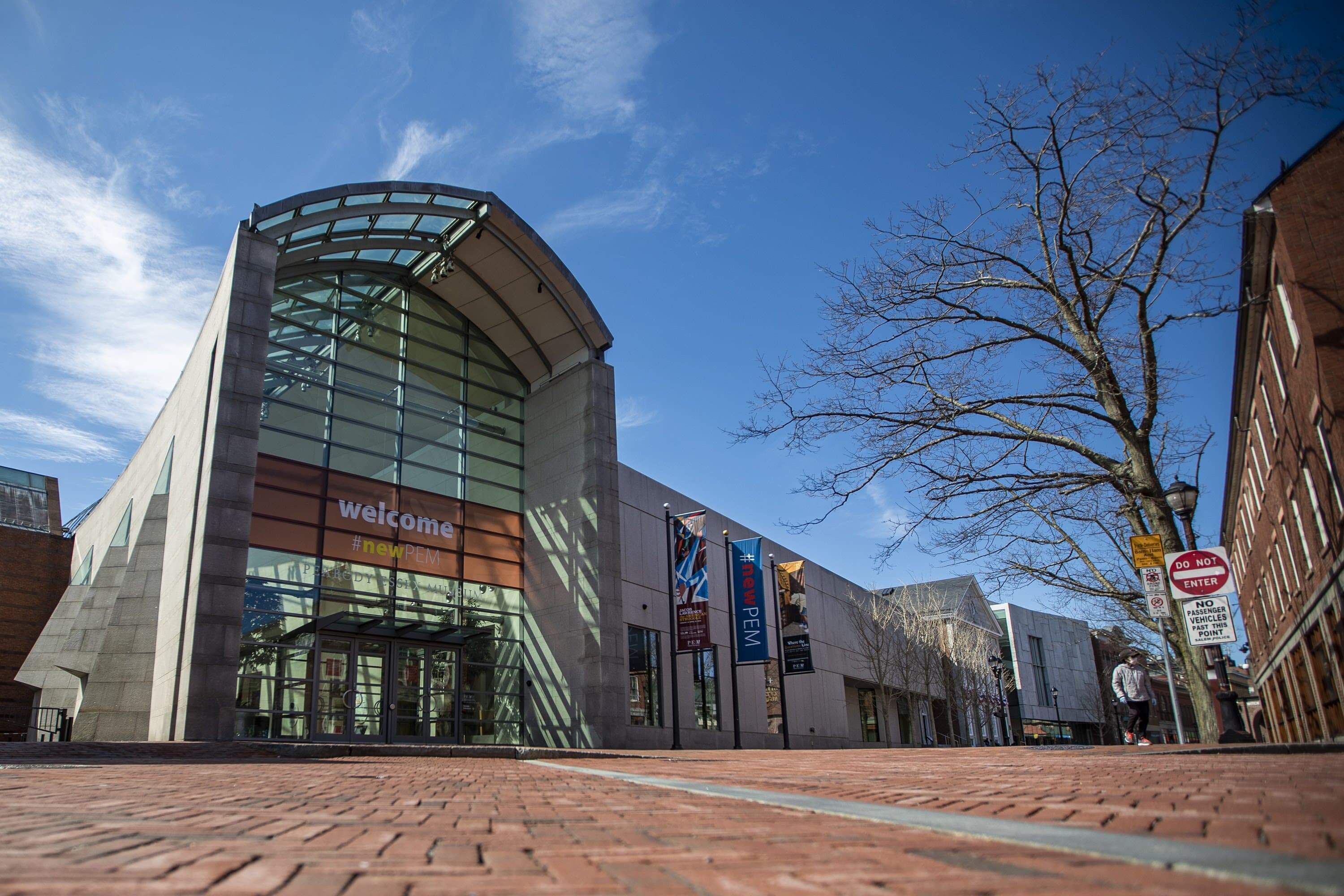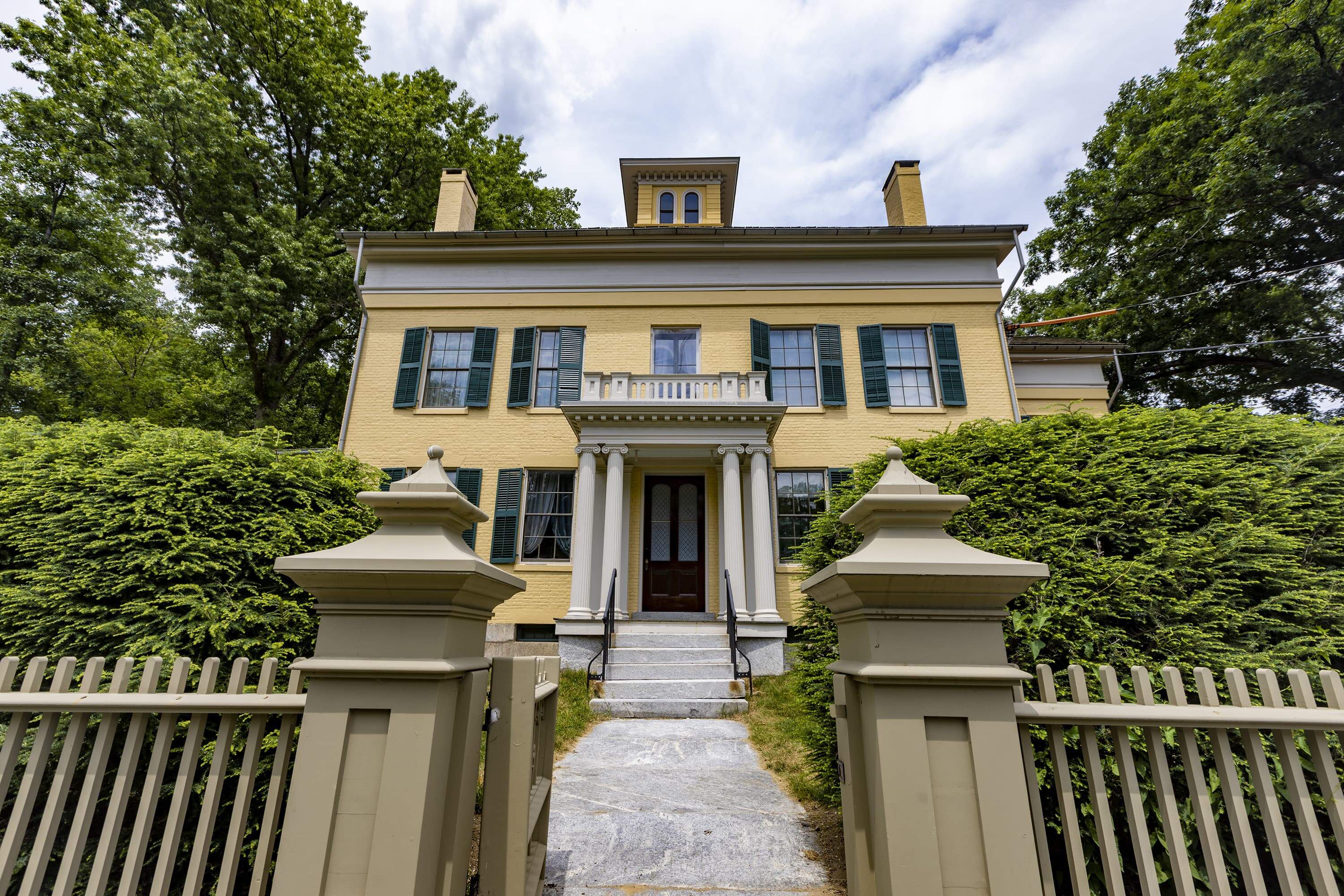Advertisement
Government cuts imperil federal funding for Massachusetts museums
Massachusetts museums stand to lose significant federal funding as the full staff of the Institute of Museum and Library Services has been placed on administrative leave. The government agency awarded $4,395,403 to museums in the state in 2024.
AFGE Local 3403, a union chapter representing federal and government workers, announced news of the shutdown on Monday, March 31. The independent federal agency issues grants to museums and libraries throughout the U.S. The agency’s staff of around 70 people will be on paid leave for up to 90 days, and their emails and access badges were in the process of being disabled.
This news follows President Donald Trump’s executive order calling for the elimination of IMLS and six other cultural and civil federal agencies on March 14.
The IMLS provided $266 million in funding to cultural institutions across the U.S. last year.
Many Massachusetts-based museums receive federally-funded grants from the agency. In 2024, the Peabody Essex Museum in Salem received two awards totaling $500,000, and the Museum of African American History in Boston and Nantucket received $498,789.

The Peabody Essex Museum planned to use the funds for a professional development initiative among employees as well as catalog and rehouse objects from its oceanic collection and employ temporary full-time collection specialists.
Lynda Roscoe Hartigan, PEM's executive director and CEO, released a statement to WBUR. “IMLS funding plays a crucial role in supporting PEM’s mission. Without this support, museums like ours—and many others across the country—could face challenges in maintaining the high standards of care, scholarship, and accessibility that our visitors rely on,” she said.
The Museum of African American History proposed the development and implementation of experiential tours and programs for schools, families and adults at both of its locations.
Smaller institutions also garnered funding last year, including the Emily Dickinson Museum in Amherst, which received $63,721, and the Porter-Phelps-Huntington House Museum in Hadley, which received $23,450.
Advertisement
The Emily Dickinson Museum is utilizing its grant to develop new interpretative tools like projection mapping and immersive media to showcase Dickinson’s poetry in a more inclusive way.
The museum’s Associate Director of Communications Patrick Fecher and Executive Director Jane Wald wrote an email statement to WBUR about IMLS’s staff being placed on leave. They expressed concern about grants not being paid in full, which would require the museum to seek alternative sources of revenue or end projects.

“Without adequate staffing, IMLS won’t be able to review and award future grants supporting reading, culture, and the arts across the entire country,” they said. “Withdrawal of funding would disrupt our work to give insight into the power of poetry in individual lives – its power of creative expression, its power to articulate the heights and depths of our human experience; and its power to connect us to each other in a shared universal language.”
Karen Sanchez-Eppler, board president of the Porter-Phelps-Huntington House Museum, said the organization’s grant from IMLS went toward an exhibit called “Forty Acres and the American Revolution: Stories of Servitude and Independence,” to commemorate the 250th anniversary of the American Revolution. It’s scheduled to open this summer.
“Federal funding enabled us to hire talented UMass graduate students, the next generation of public history professionals, to undertake new research and to design the exhibit,” Sanchez-Eppler said in a statement. “We are learning new things about this historic site and about American history as a whole because of their work.”
She added that the National Endowment for the Humanities and the National Park Service previously awarded grants of $160,000 to the museum for programming and preservation projects. The Trump administration fired around 1,000 recently hired National Park Service employees in February. The administration is also working to cut NEH programming as well as staff by up to 80%. Sanchez-Eppler told WBUR that there is no certainty that the museum will receive the full award as the grants follow reimbursement structures.
“We did in February get IMLS reimbursements for what had been expended so far, but we need to be making decisions now about how to complete this project with the lack of assurance about whether the remainders of truthfully either of those grants, but at the moment, IMLS will be honored by the government,” she said. “It feels precarious and sad and a failure of vision of how important it is for us to know our history.”
As of Tuesday, April 1, Sanchez-Eppler said the museum had not received any additional information from IMLS regarding funding.
“ I think every single library and museum in the nation is wounded by this,” said Sanchez-Eppler.
“It takes so much less time and skill to destroy something than to build it.”
